Last week we told you about a new risk emerging over Somalia, where several enroute aircraft reported being contacted by unauthorized ATC units. These “fake” controllers have been issuing climb/descent instructions that conflict with the official ones issued by Mogadishu Control.
This week, the very same thing happened to crews of a Qatar Airways 787 and an Ethiopian Airlines A350 headed towards each other off Somalia’s northern coastline.
The 787 was instructed to climb from FL380 to FL400 whilst the A350 was cruising at FL390 in the opposite direction on the same UB404 airway – near position ESTIK. A TCAS alert was triggered, and the 787 descended back to FL380 to resolve the conflict.

From some reports it looks like the two aircraft were separated by as little as 2.5 nm when the incident happened, though the situation was helped by the fact that both aircraft were laterally offset from the airway (yay for SLOP!).
Who should I be talking to?
The two competing ATC centres here are Hargeisa (Somaliland) and Mogadishu (Somalia).
For aircraft transiting the HCSM/Mogadishu FIR, it’s Mogadishu ATC that you should be talking to – not Hargeisa.
Mogadishu Control holds authority over the entire Mogadishu FIR, responsible for coordinating and providing ATS services in the Upper FIR. Hargeisa in Somaliland issues secondary transmissions, posing a potential threat to enroute traffic.
Notably, these transmissions from Hargeisa seem to mimic Mogadishu rather than clearly identifying as “Hargeisa Control” or “Somaliland Control.” Reports suggest that control instructions from Hargeisa aim to create confusion rather than ensure traffic de-confliction, possibly as a strategy to draw political attention to their recent dispute with Somalia.
Advice to operators
Check our previous post for a full Risk Warning, including Crew Reports, Maps, Analysis, and Guidance. And if you can’t access, just email the team and we’ll send you a copy.
The main advice is this:
1. If possible, avoid the Mogadishu FIR.
2. If entering the airspace, expect secondary ATC transmissions from Hargeisa.
3. Limit any contact with Mogadishu to CPDLC only. Only controllers in Mogadishu have access to CPDLC.
4. Do not accept any level changes without ensuring they are genuinely from Mogadishu Control.
5. Avoid requesting any level changes while within the Mogadishu FIR.
6. Listen out on 126.9 (IFBP) and follow the IFBP procedure.
7. Note that related NOTAMs issued by Somalia may not present the full picture, or be updated regularly.
Download the Risk Warning (PDF, 9 pages, 2Mb)
More on the topic:
- More: New RISK WARNING: Somalia ATC Conflict
- More: Mogadishu Wishes You a Class A New Year
- More: Somalia joins the A Team
- More: Al-Shabab: A Threat Beyond Somalia
- More: Cargo plane in Somalia was shot down
More reading:
- Latest: FAA Warns on Runway Length Data and Overrun Risk
- Latest: EASA’s New Cyber and Data Risk Rule for Operators in Europe
- Latest: Airport Spy: Real World Reports from Crews
- Safe Airspace: Risk Database
- Weekly Ops Bulletin: Subscribe
- Membership plans: Why join OPSGROUP?



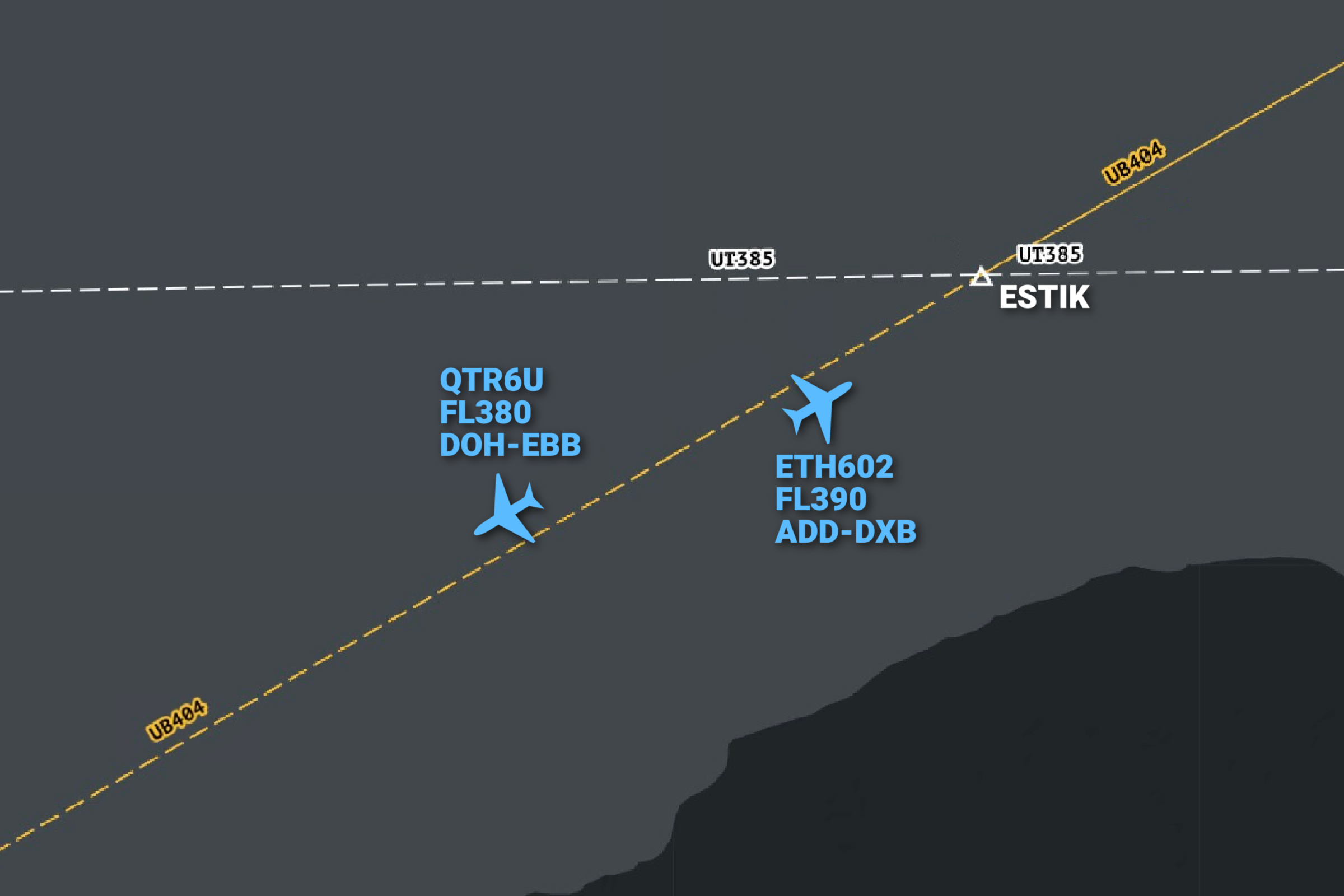
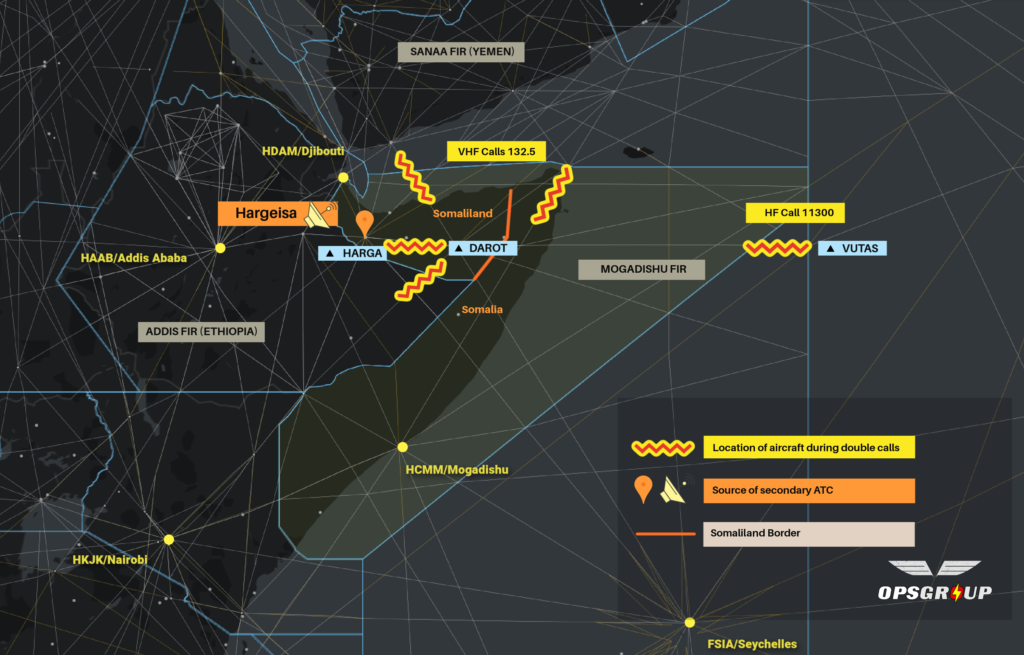
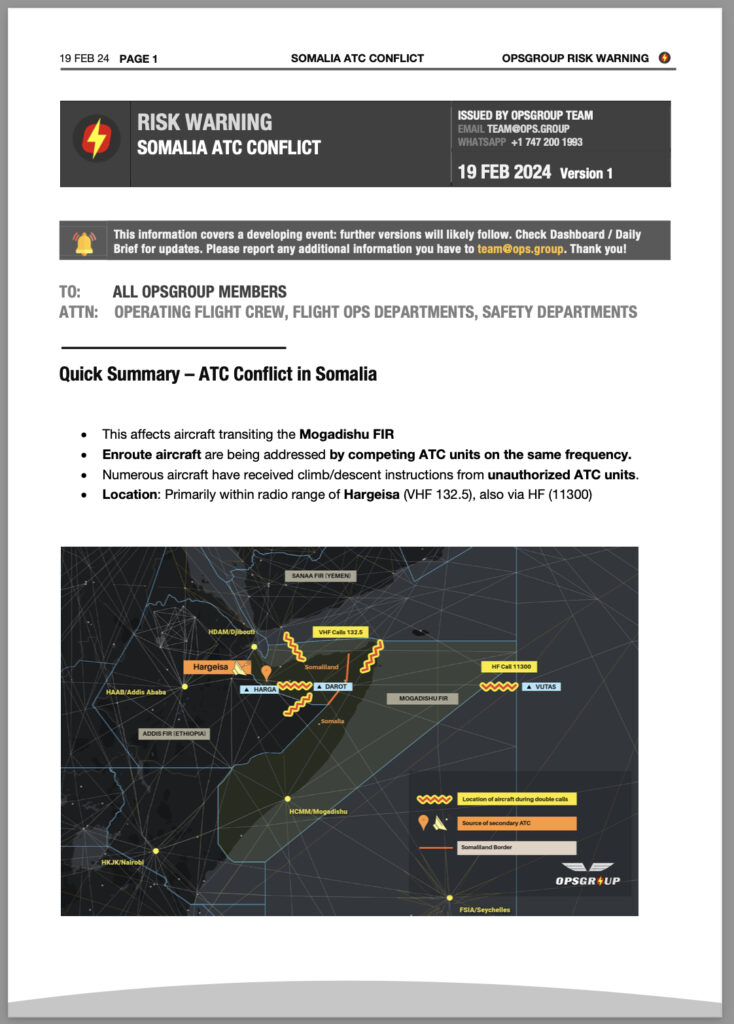

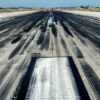





 Get the famous weekly
Get the famous weekly 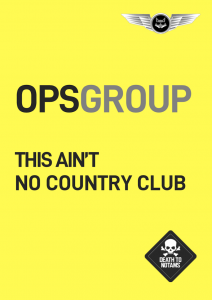


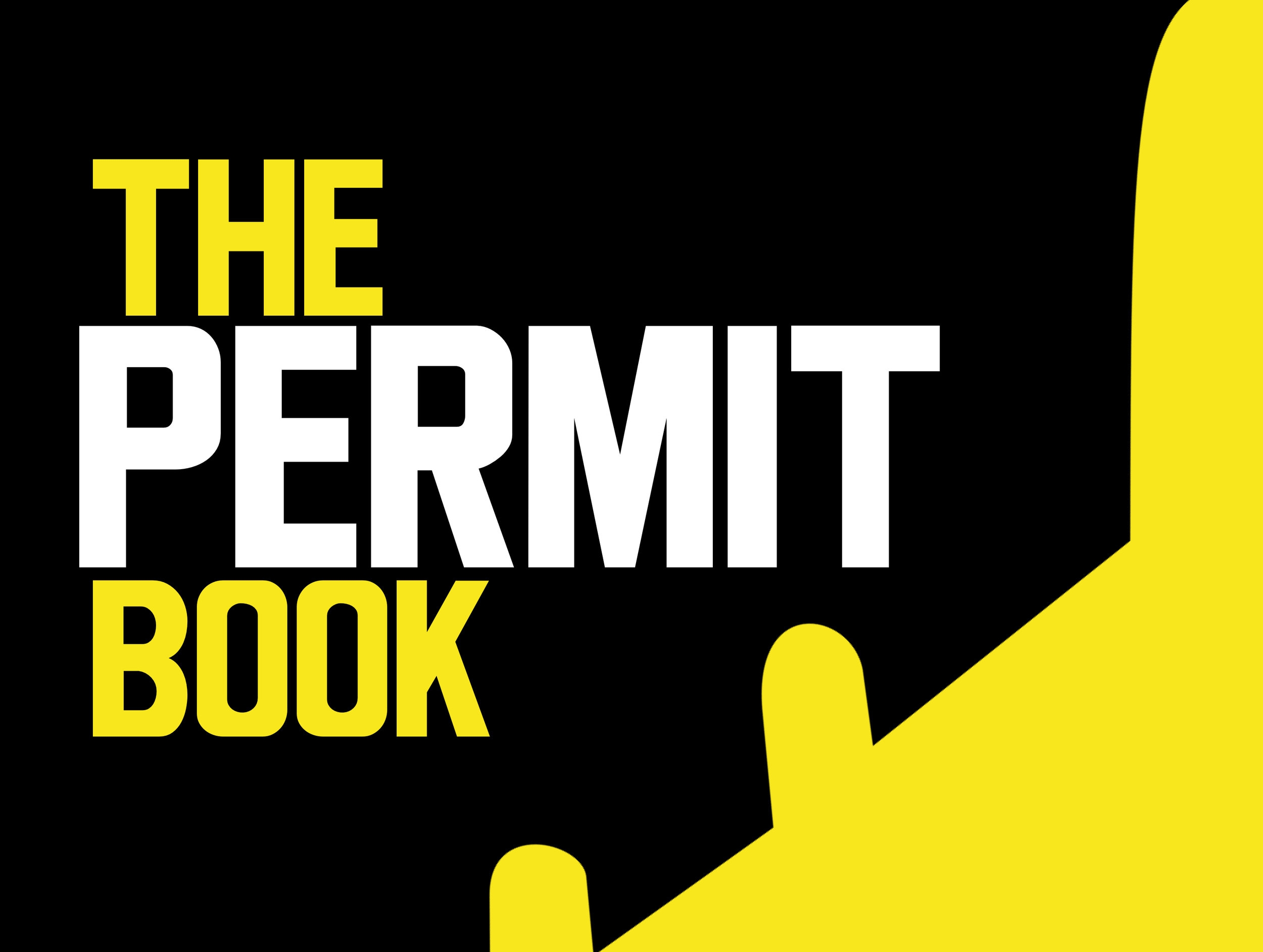
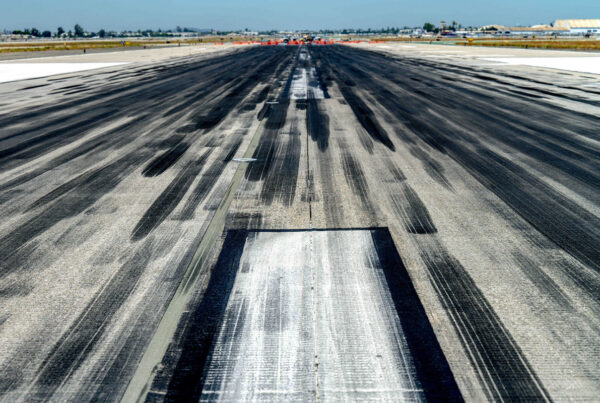


Would be a good idea to put the date stamp on posts. I can see them in the list of posts, but not in the post itself.
Re your recommendation to confirm instructions using CPDLC in case of doubt. Well CPDLC data link using ACARS ( FANS 1) is not secure either, other methods such as SATCOM is , and I the numbers of the various ACCs are know to Aircraft operators, SATCOM are much more difficult to hack in case the situation worsen or get nasty